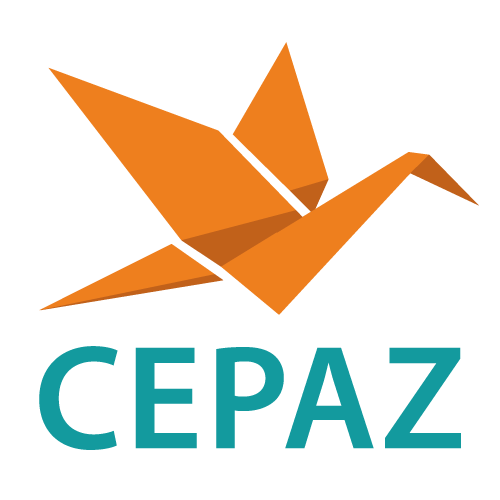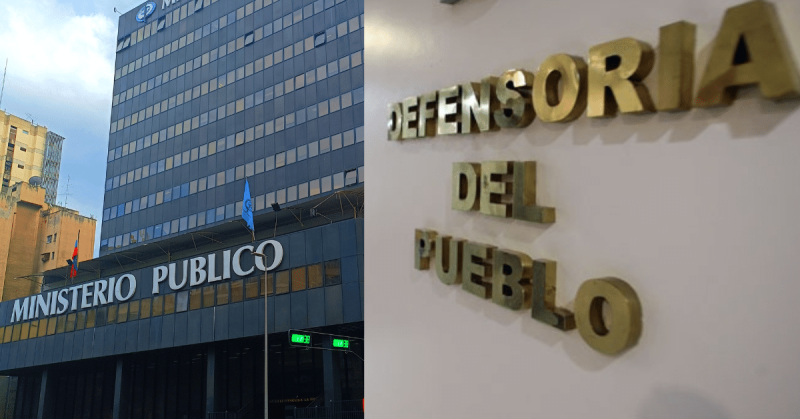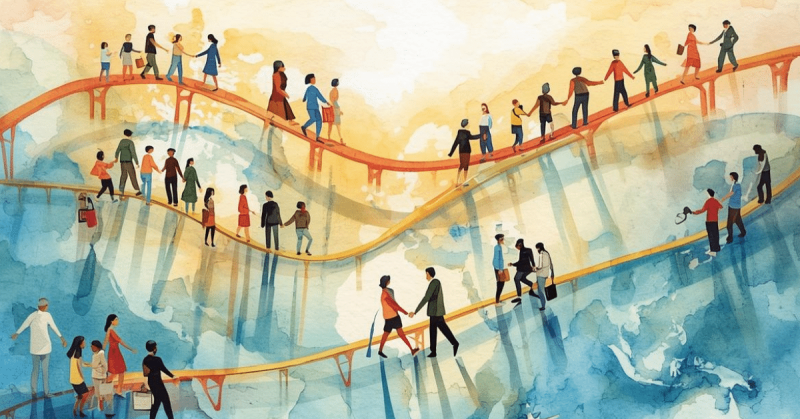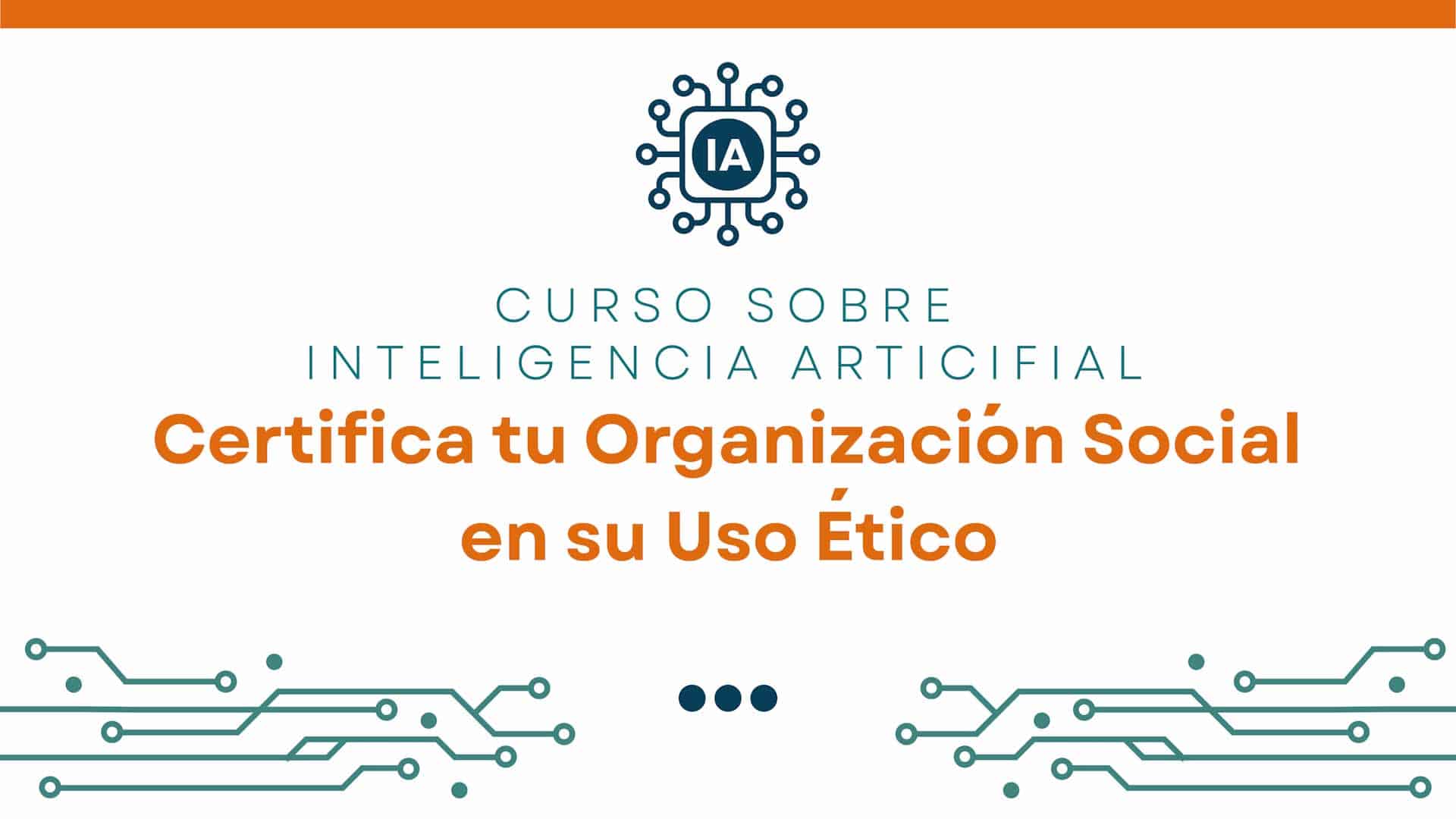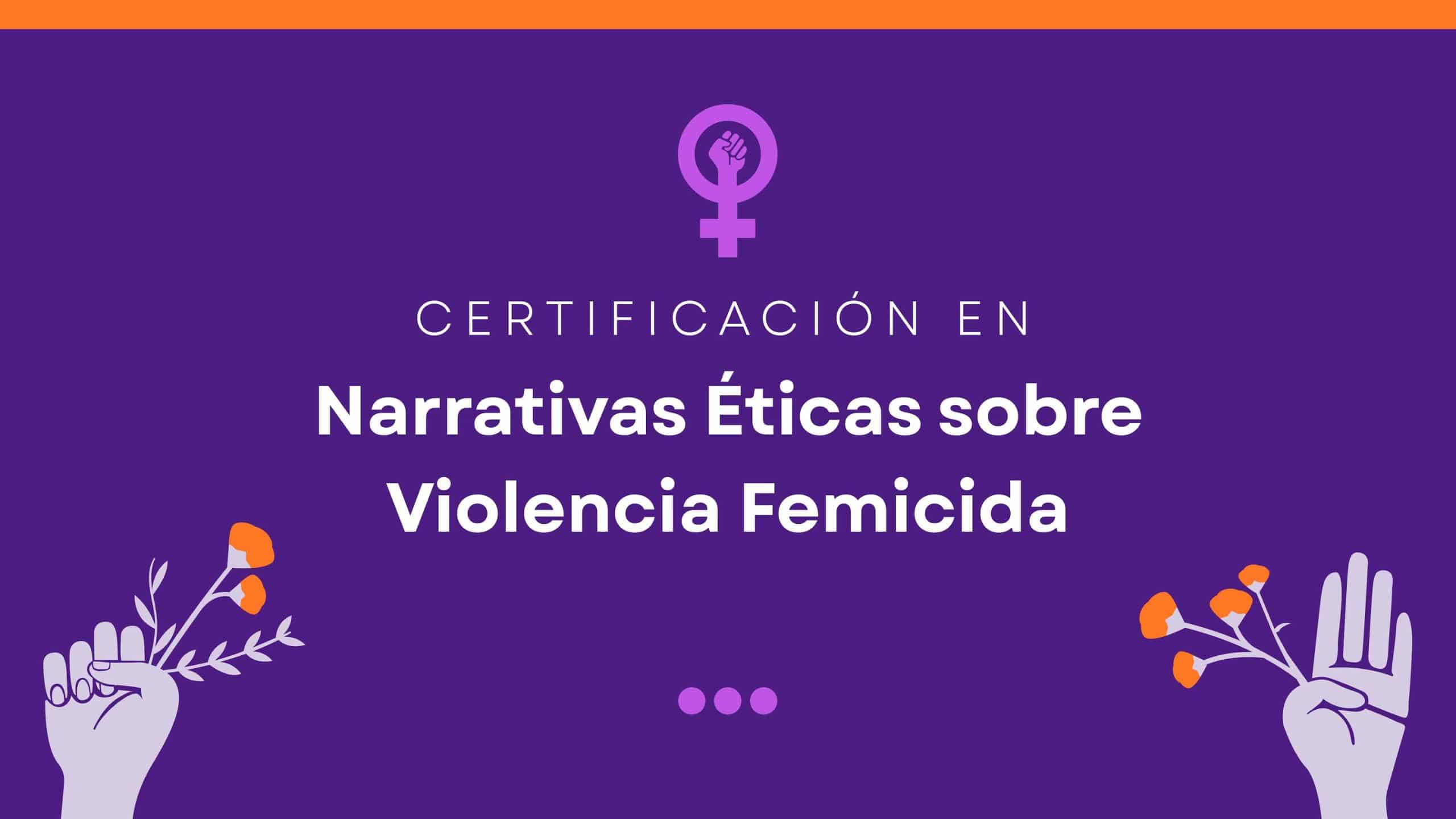Questions and Answers
This Questions and Answers document was prepared by 11 Venezuelan and international human rights organizations that have been monitoring and documenting Venezuela’s spiraling human rights and humanitarian emergency for years (see list below). The organizations are urging the United Nations Human Rights Council to establish a commission of inquiry on Venezuela during its 42nd session in September 2019.
- What is the situation in Venezuela today?
Since 2014, Venezuelan authorities have arbitrarily detained more than 15,000 people, including hundreds of civilians who were prosecuted by military courts. More than 8,500 were conditionally released but remain subject to criminal prosecution.
Security forces have committed serious abuses against detainees that in some cases amount to torture—including severe beatings, electric shocks, asphyxiation, and sexual abuse. These abuses have been part of a systematic pattern by Venezuelan security forces, who have operated hand in hand with armed pro-government groups called “colectivos” in Venezuela.
In 2018 and the first five months of 2019, according to reporting by the Office of the United Nations High Commissioner for Human Rights (OHCHR), nearly 7,000 people were killed by Venezuelan security forces in alleged cases of “resistance to authority,” in the context of public security operations. Many may constitute extrajudicial killings. Human rights organizations have been reporting on alleged extrajudicial killings during public security operations in Venezuela for years. The modus operandi used in recent public security operations has been similar, with at least six people linked to anti-government protests executed in 2019 by police officers.
Security forces continue to crack down on peaceful protests using intentionally lethal force and to carry out targeted arrests of opponents—or those perceived as such—throughout the country. Some human rights organizations consider that the scale and scope of these grave human rights violations could amount to crimes against humanity.
Severe shortages of medicines, medical supplies, and food leave many Venezuelans unable to adequately feed their families or access essential health care. Venezuela’s health system is in utter collapse with increased levels of maternal and infant mortality, the reemergence and spread of vaccine-preventable diseases, such as measles and diphtheria, and increases in numbers of infectious diseases such as malaria and tuberculosis. Research by Venezuelan organizations and universities documents high levels of food insecurity and child malnutrition.
Venezuelan authorities have contributed to this humanitarian emergency by publicly minimizing and suppressing information about the crisis and harassing and retaliating against those who collect data or speak about it, while also doing far too little to alleviate it.
A massive exodus of Venezuelans—more than four million in recent years, according to the UN—is the largest refugee and migratory crisis of its kind in recent Latin American history and is straining host countries.
- Why is a commission of inquiry needed and what would its mandate be?
At a national level, no independent state institutions remain today in Venezuela to act as a check on executive power. A series of measures by the governments of Nicolás Maduro and Hugo Chávez stacked the courts with judges who make no pretense of independence. The government has also stripped power from the opposition-led legislature. In the absence of an independent judiciary, those responsible for serious human rights violations, some of which may amount to crimes under international law, have not been held accountable.
A UN commission of inquiry would play a crucial role in addressing the rights to justice, truth and reparation for victims of rights abuses in Venezuela, advancing accountability, and encouraging rights-respecting policies. Such an effort could have an important deterrent effect to prevent additional serious human rights violations and possible mass atrocity crimes during the country’s ongoing crisis.
A commission of inquiry on Venezuela should be mandated to investigate reports of violations of international human rights law in Venezuela, including but not limited to violations associated with torture and inhuman treatment, arbitrary detention, discrimination, violations of freedom of expression, violations of the right to life and enforced disappearances, as well as violations of the rights to health and food. It should be tasked with establishing the facts and circumstances of violations committed since at least 2014, mapping out patterns of violations and identifying those responsible and, where possible, the chain of command, with a view to contributing to full accountability for all violations including those that constitute crimes under international law. With respect to violations of the rights to food and health, it should be tasked with identifying the causes of and responsibility for Venezuelans’ severe lack of access to health services, medicines, and adequate food which underlie the humanitarian emergency.
A commission of inquiry is not a substitute for criminal investigations into specific crimes, but the information may be relevant for criminal proceedings. As such, its mandate should include sharing evidence with judicial authorities to determine possible individual criminal responsibility where consent has been obtained and relevant guarantees are in place, including for fair trial and appropriate witness and victim protection measures.
- Why would a commission of inquiry make a difference?
In July 2019, OHCHR published a report documenting a wide range of human rights violations committed in Venezuela and highlighting the impunity with which Venezuelan authorities and armed pro-government groups have committed them. This report is consistent with previous findings of OHCHR, Venezuelan and international human rights groups, and the Inter-American Commission on Human Rights. In May 2018, a panel of experts mandated by the Organization of American States (OAS) warned that these violations may constitute crimes against humanity under international law.
By collecting testimony from victims, their families, and witnesses, and gathering all other available information, a commission of inquiry could produce the most authoritative account to date of the patterns of violations in Venezuela and contribute to ensuring justice, truth, and reparations for the victims of this unprecedented crisis. It could also facilitate necessary diplomatic and political follow-up in Geneva, as well as encourage governments to consider adopting specific measures aimed at protection of human rights in Venezuela.
In addition, it could recommend concrete measures to address these violations at both national and international levels. The public release of its report would place those responsible for abuses on notice that their violations will be subject to ongoing scrutiny and, possibly, eventual prosecution. It would further support efforts to deter further abuses and encourage rights‑respecting governance in the future.
The OHCHR has explicitly urged the UN Human Rights Council to create a commission of inquiry on Venezuela. Venezuela withdrew from the American Convention on Human Rights in 2013. So, a Geneva-based commission can play a fundamental role. The UN Human Rights Council is particularly well suited to allow for countries or a group of countries, including on a regional level, to take the lead in mobilizing support to address the human rights crisis.
- What steps should the UN Human Rights Council take, and when?
The UN Human Rights Council should establish a commission of inquiry on Venezuela during its 42nd session in September in Geneva. During this session, the UN High Commissioner for Human Rights, Michelle Bachelet, will present her final oral update on the human rights situation in Venezuela, as the UN Human Rights Council mandated in its resolution 39/1 of September 2018. A follow-up measure would be for a group of like-minded states, such as the Lima Group, which currently consists of 10 Latin American countries and Canada, to call for the establishment of a commission of inquiry. These countries have been leading efforts in Geneva to scrutinize the human rights situation in Venezuela, and other countries should follow their lead and support the establishment of a commission of inquiry.
The UN Human Rights Council should give a commission of inquiry a strong, clearly defined mandate, as well as adequate resources to investigate and report back to the council on these violations within a specific period. It should be mandated to share its findings with other relevant UN bodies, including the UN Security Council, General Assembly, and the Secretariat through its Secretary-General. A representative from the Inter-American Commission on Human Rights should be invited when the report is presented.
- How will Venezuela’s willingness to cooperate with a commission of inquiry affect its operations?
Venezuelan authorities should cooperate fully with a UN commission of inquiry. However, a refusal by the government of Venezuela to engage with, or grant access to, a commission should not prevent commissioners from carrying out their work. Indeed, successful commissions of inquiry that have produced reports documenting human rights violations and international crimes in North Korea, Myanmar, and Syria offer best practices for collecting valuable evidence, giving voice to victims, establishing facts and circumstances of violations and, in some cases, even identifying individuals responsible for rights abuses despite a government’s lack of cooperation and lack of access to the country.
The need for external fact-finding would not impede an investigation. Due to the unprecedented exodus of Venezuelans, many victims of human rights violations, as well as independent journalists and human rights activists, are living outside of Venezuela and could be valuable sources of information and evidence.
- What would be the link between the work of a commission of inquiry and other avenues for accountability, including the ongoing preliminary examination into the situation in Venezuela by the Office of the Prosecutor of the International Criminal Court (ICC)?
The commission of inquiry could complement other international avenues for accountability.
In February 2018, the ICC prosecutor, Fatou Bensouda, announced the opening of a preliminary examination into the situation in Venezuela to determine whether a full investigation by the court is merited. In September 2018, the governments of Argentina, Canada, Chile, Colombia, Paraguay, and Peru asked the ICC prosecutor to investigate potential crimes against humanity in Venezuela since February 12, 2014. Costa Rica, France, and Germany later added their support to the submission.
A commission of inquiry could share its findings with the ICC prosecutor to assist in her evaluation of the situation in Venezuela. If the Office of the Prosecutor proceeded with a full investigation, the information could also include leads to gather evidence that is admissible in court. A commission should support the Office of the Prosecutor’s efforts, including by sharing relevant evidence, testimony, and other information collected and documented by the commission.
Other countries could use the information a commission gathers and its analysis to support efforts, where consistent with domestic laws, to prosecute cases under the principle of universal jurisdiction.
List of organizations
Acción Solidaria
Amnesty International
Centro Derechos Humanos – Universidad Católica Andrés Bello
Centro de Justicia y Paz (CEPAZ)
Civilis Derechos Humanos
COFAVIC
Espacio Público
Global Centre for the Responsibility to Protect
Human Rights Watch
International Commission of Jurists
PROVEA
